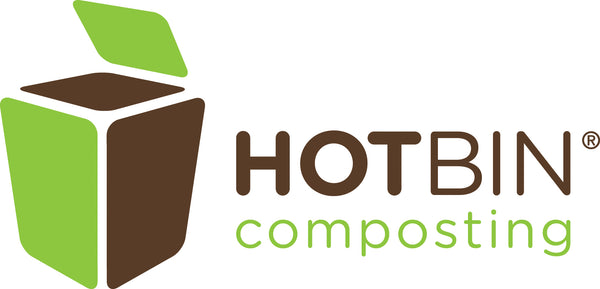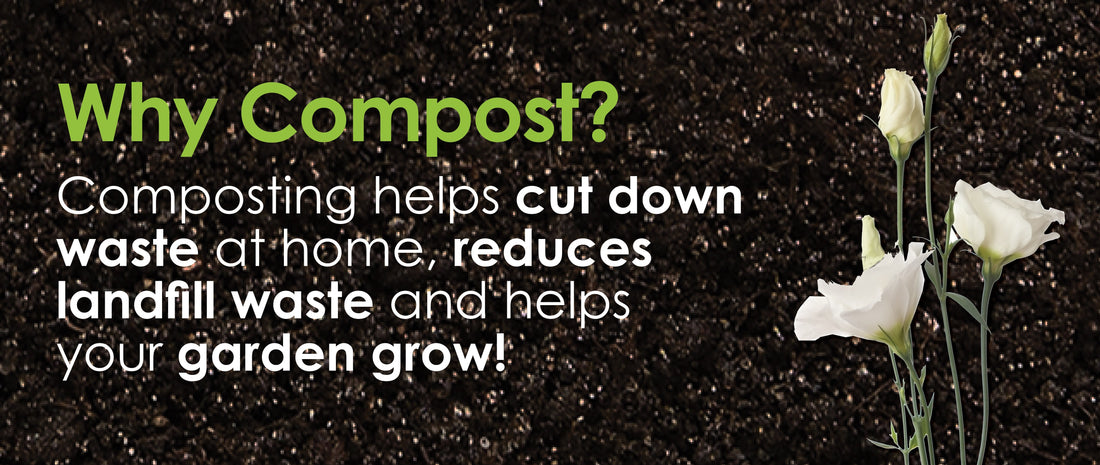The Powerful Impact of Reducing Food Waste and Rebuilding Soil Health
Composting offers a simple, practical, and highly effective solution. By composting food scraps, garden waste, and other organics, we can dramatically reduce methane emissions while transforming waste into a valuable resource: nutrient-rich compost that feeds our soils.
The Power of Healthy Soils
Soil is more than just dirt — it’s a living ecosystem that supports plants, stores carbon, retains water, and helps fight erosion. When we apply compost to soil, we:
✅ Rebuild organic matter, improving soil structure and fertility
✅ Enhance water retention, reducing the need for irrigation
✅ Strengthen plants, making them more resilient to pests and diseases
✅ Reduce reliance on chemical fertilizers, which can harm ecosystems and waterways
Did you know?
Applying compost can increase a soil’s carbon storage by up to 10%, helping pull carbon dioxide out of the atmosphere.
Compost-amended soils can hold up to 20% more water, making them more drought-resistant.
Diverting organic waste from landfills through composting could cut methane emissions from waste by up to 50% globally.
Composting at Home and Beyond
Whether you compost in your backyard, with a system like the HOTBIN, through a curbside collection program, or in a community garden, every banana peel, coffee ground, or pile of grass clippings adds up. Composting closes the loop, turning “waste” into a resource and helping communities build healthier, more sustainable food and farming systems.
A Small Action with Big Impact
Composting isn’t just about managing waste — it’s about making a real, measurable difference for the planet. By reducing landfill waste, lowering emissions, improving soil health, and supporting local food systems, composting is one of the simplest climate actions we can all take, right at home.
Let’s work together to make composting a daily habit — one apple core, one handful of leaves, one small pile at a time.

